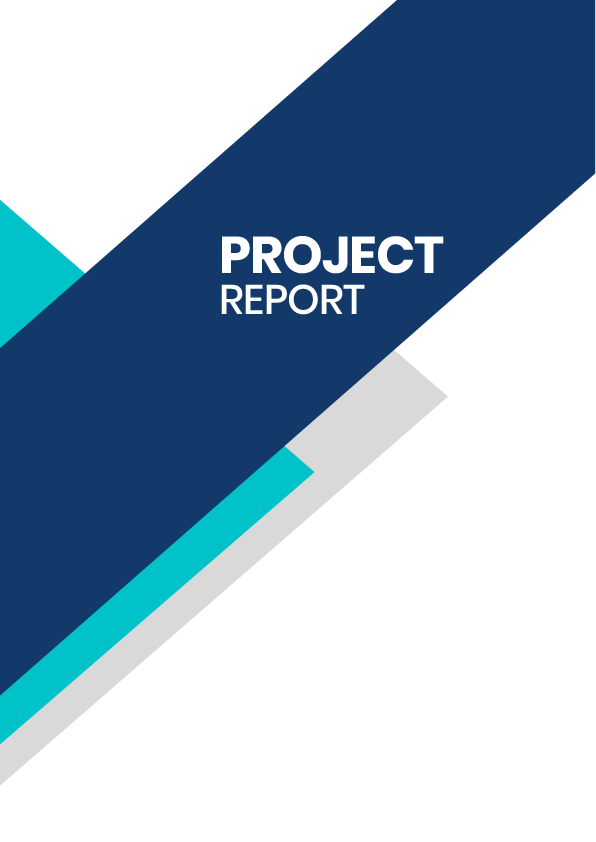Related Keywords
- Seafood Processing Unit
- Marine Export Hub
- Ocean Harvest Works
- Fishery Products Center
- समुद्री उत्पाद उद्योग
- मत्स्य उत्पाद केंद्र
Why to Start a Marine Products Industry?
- Lots of People Eat Seafood: Fish and other seafood are eaten by many people, so there’s always a demand.
- Good for Health: Marine products like fish are healthy and full of nutrients, so more people are choosing them.
- Can Sell in Other Countries: Seafood is liked in many countries, so you can export and earn more money.
- Many Types of Products: You can sell fresh fish, dried fish, frozen items, or even make fish oil and powders.
- Jobs for Local People: Fishermen, packers, and transport workers can all get work from this business.
- Helps Coastal Areas Grow: Starting this business near the sea helps small towns and villages get more income.
- Support from Government: The government gives help like subsidies, training, and cold storage for marine businesses.
- Profit from Exports: If you send marine products to other countries, you can earn in dollars or other currencies.
- Better Technology Helps: Modern machines and cold storage make it easier to keep seafood fresh and sell it far away.
Key Trends in Marine Products Industry
- Demand for Healthy Seafood: More people are consuming seafood because of its health benefits.
- Ocean-Friendly Fishing: Seafood has become increasingly preferred without harming the ocean, with consumers seeking cans that endorse eco-friendly features.
- Fish Farming: Limited sources of fish from the oceans have seen many companies turn into fish farming. It is done mainly in the case of shrimps and salmon.
- New Plant and Lab Grown Fish Varieties: Some people are preferring lab-grown or plant-based fish alternatives, and many companies are starting to produce more of them.
- Smart Technologies in the Seafood Industry: There are several technologies, keeping the seafood fresh, safe, and traceable from the sea to the plate.
- Online Purchasing is Increasing: More people now order seafood instead of going to fish markets.
- Export Challenges Still Exist: Export seafood is never easy due to the additional rules and costs.
Best Project Report for Marine Products Industry

Need expert service?
Please send a WhatsApp message to us, and our team of experts will guide you in creating a project report for bank loan.
Create Your own project report in less than 10 mins.
- Unlimited edits
- Unlimited downloads
- Up to 10 years of projections
- 20+ pages

Frequently asked questions
Everything you need to know about the product and billing.
Finline is an online tool for creating a project report for bank loan online and see the report for free online. You only need to pay for downloading the report.
Can I change my plan later?
Yes , ofcourse you can upgrade from a lite plan to a pro at anytime.
Can I edit the report after download ? is it chargeable?
You can do unlimited edits even after download without any extra payment.
What is the ‘lite’ and ‘pro’ plan ? Is it subscription based plans?
Lite and Pro are just individual report download plans , not subscription plans.
Do I require a CA seal & Stamp for getting a loan?
Not at all, project report is a business plan about your business and it should be prepared by an entrepreneur . Nobody can predict and certify a business which is going to happen in the future.
Can I get any assistance from your team?
Yes of course, you can go to the help section in all pages were you can find chat button for seeking support.
Can I get a project report format for bank loan through Finline?
Yes! Finline provides a ready-to-use project report format for bank loan. You can create it online, see it for free, and download it instantly for your loan application. This makes your project report format for loan easy to complete in just a few steps.
Do you provide a project report format for bank loan in excel?
Yes. Finline offers a project report format for bank loan in excel that is easy to edit and customize. You can also download a project report format for loan in excel if you prefer working offline.